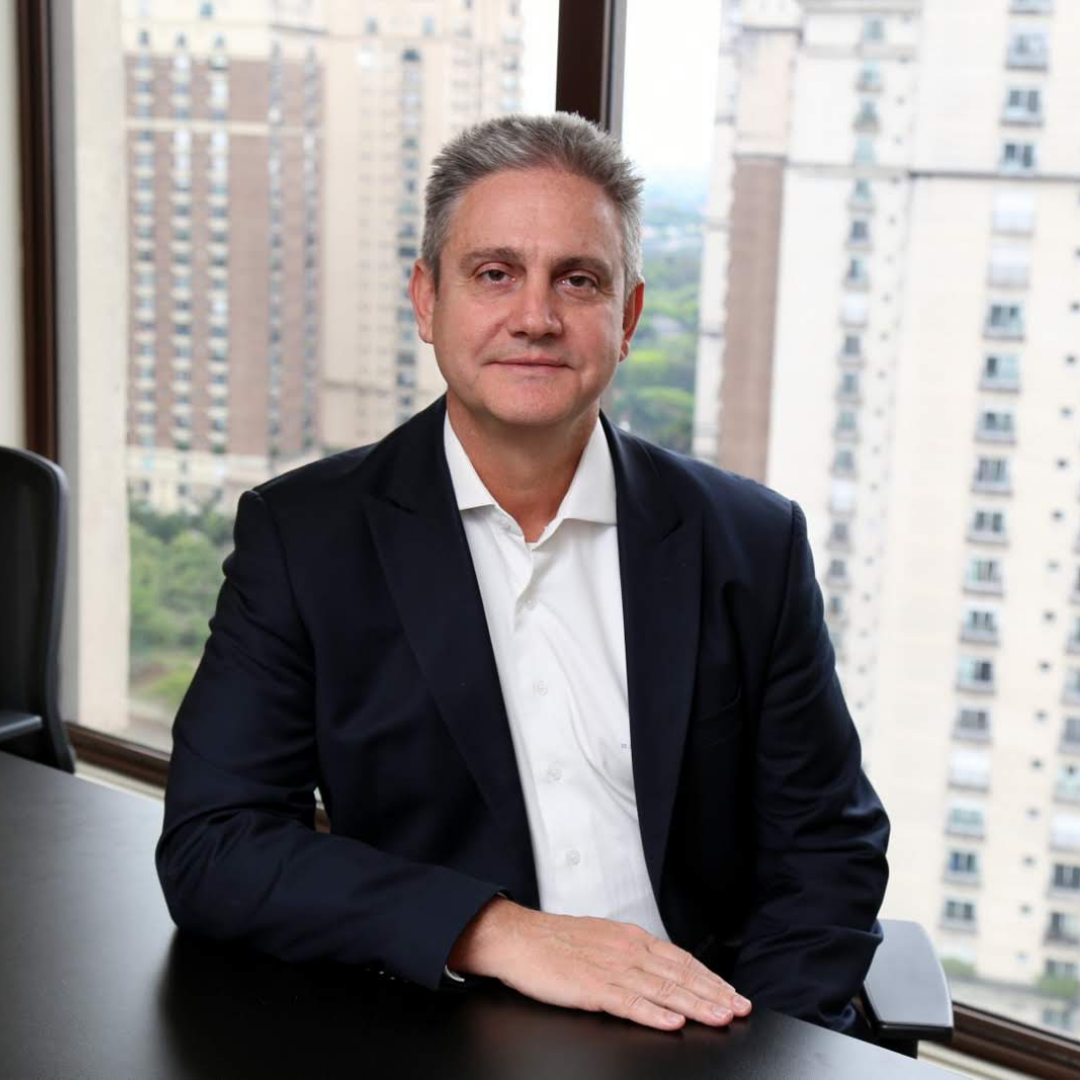Looking ahead: becoming a “think-tank” while keeping the DNA
On his second tenure as Amec’s CEO, Fábio Coelho celebrates Amec’s 15th birthday and aims to consolidate the association as a governance “think-tank”. “We will move forward to consolidate Amec as a governance think-tank by producing technical content promoting high-level debates with the entire asset management industry,” he says.
The project of developing a governance knowledge center is a key part of our strategy. However, Mr. Coelho explains that it does not change the association’s essence and mission. “We will make this move without losing our DNA, which is to remain vigilant to make sure the best governance practices are enforced, supporting investors’ rights and the development of capital markets,” he explains.

“We are very proud of our history. Amec is a solid association that was able to gather investors with different profiles. We have asset managers that actively engage with investors and are vocal in conflicts, as well as those who prefer to act on the sidelines. We have also been working to have more pension funds as members because they are naturally more focused on the long term, which is something we value,” Mr. Coelho notes.
He highlights that creating value for members is a priority for Amec. The association has been strengthening its communications policies by producing in-depth technical papers. Amec has also hired new talents.
The work alongside the government, especially with the Executive and Legislative branches, is another critical topic to look after in upcoming years. Amec’s role on the IMK (Brazilian Economy Ministry’s Capital Markets Initiative) and the advocacy work concerning the bill regulating super-voting shares and the tax reform are a few recent examples of how Amec has strengthened its advocacy stance.
Backbone

Amec’s Board Chairman Marcos de Callis says that Amec will continue acting to enforce fair practices in capital markets. “We cannot let go of our backbone, that is protecting minority shareholders,” he says. Regarding ESG investment principles, he believes that Amec will continue to favor the “G” of governance.
“Supporting good governance practices is still the main issue for Amec’s future. Without strong governance, it is impossible to develop proper social and environmental standards”, says Mr. de Callis, adding that investors must have the governance’s “G” as their cornerstone. “We see companies focusing only on environmental or social practices because they make it to the headlines. But if you do not have strong governance, the E and S will lack substance,” he adds.
In the future, Mr. de Callis believes super-voting shares will be an attention point for Amec, which must act to reduce potentially damaging outcomes. “We must be aware of making sure super-voting will not lead to unwanted outcomes in the Brazilian stock market,” he says, adding that companies that went public in the recent IPO boom also require attention. In his view, many of them rushed to benefit from the window opportunity for IPOs without enforcing the proper governance practices.
More members
Mr. de Callis believes this is the right time to grow in the number of members. For that, Amec must face the challenge of increasing the value perception for its services and providing space for debates. Also, the association has to get closer and closer to regulators and the government, which has been a trademark of the current management team. This relationship will help to attract new members, whether they are independent asset managers or pension funds.
The future “governance think-tank” project will increase Amec’s ability to influence and participate in regulatory and legislative debates. “We are walking the first steps in this direction. In the future, I believe we will be invited to help to create new pieces of regulation more often, which is interesting,” he foresees.
Governance as a priority

Non-executive director, Geraldo Affonso Ferreira agrees that Amec must keep focusing on governance practices and developing capital markets. However, he criticizes the current “ESG boom,” as environmental aspects are getting much attention, while social aspects and governance are left aside. “Without governance, you can’t change corporate culture. Thus, you can’t move forward with the E and the S”, he says.
Without solid governance in boards and committees, environmental and social practices are just marketing, in Mr. Ferreira’s view. “The biggest companies in Brazil still have a controlling shareholder. Many of them still have practices dating back from their family origins”, he says.
That’s why Amec remains relevant and needs to strengthen its communication policies, which the current administration has been addressing. “I believe that, beyond minority shareholders’ rights, Amec must focus on developing the market as a whole. It must reach out to all kinds of investors, directly or indirectly,” he says.
Mr. Ferreira thinks it should go beyond Brazilian institutional investors, involving foreign investors and retail investors too. “Amec can become a reference for all investors. I don’t think of the work with members alone, but with the market as a whole”, notes the governance expert. He also says advocacy is a critical practice, especially for providing a stronger connection with government institutions.
About Amec becoming a think-tank, Geraldo thinks it is essential to seek the support of universities, as it happens in the United Kingdom, where a corporate governance center is maintained with the help of London Business School.

